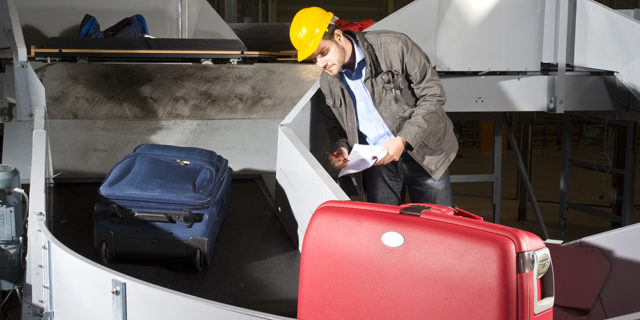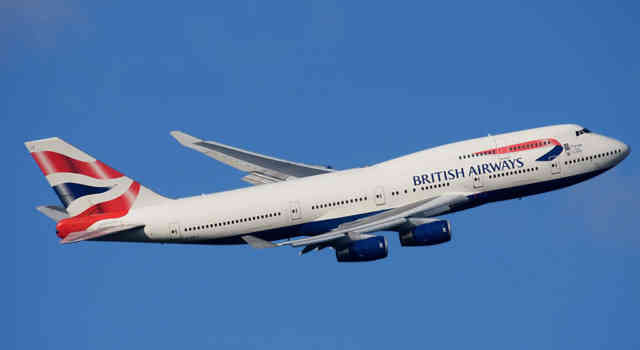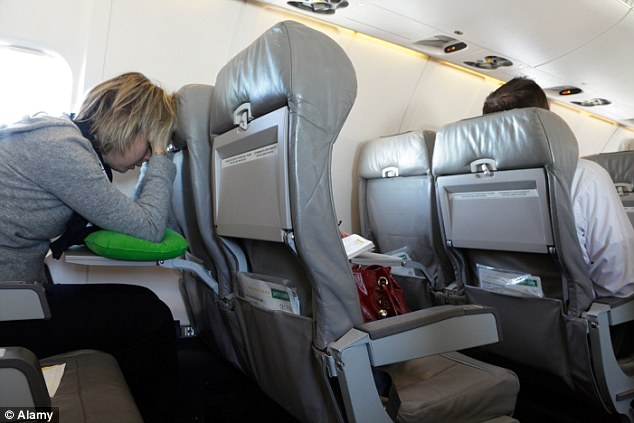Taking care of property in air carriage is one of the pillars of airline courtesy. It complements the sense of comfort derived from the thought that your luggage is in safe hands. A better cabin experience is likely when you are able to concentrate on other things than worry about belongings.
Consistency is among the shining attributes of the systems in place for harmonizing delivery. Latest figures indicate that, on average, 5.73 bags for every 1, 000 arriving passengers went through some kind of property incidents on board in 2016. Compared to the sheer volume of passenger traffic, 3 billion in all, these numbers are statistically not such that they would warrant concern.
Furthermore, if you take the total number of reported cases as a whole, the whittle-down effect is considerable. Roughly 80 – 90% of instances of mishandled luggage are resolved amicably and within a reasonable time frame. The tiny remainder, however, has passing resemblance to the thickest part of a spot of stain.
The airline industry lists unforeseen luggage circumstances as delay, loss, damage and pilferage of property respectively. Since these are commonly used words in every day language, a legal perspective is appended to their definition to facilitate adaptation for industry use. Thanks in part to the tail-end occurrence rate of incidents requiring settlement, this superficial addition largely remains hidden from the public grasp of things.
Think of it as the way technological matters are: they are tendered by a small group of people who realistically cannot transmit know-how to the rest.
The definition of delay refers to a situation where passenger property does not show up on the carousel for collection within reasonable time of arrival at destination. Occasionally, damage is also inflicted on luggage during handling and contents may or may not spill. Oftentimes, though, it is a combination of both.
In reflection of the rigidity of abstract, only the airline decides when delay should be considered loss – and therefore enact recompense – within its powers to set the window on tracing missing property. It means that possibly ten or more days' wait for misplaced property is still considered delay if the airline says so. That's undoubtedly at odds with the norms, at least in the context of courtesy where a party in breach of a contract normally does not have much precedence of the other.
Air transportation is governed by international conventions which among other things, limit airline liability for incidents taking place on board while performing carriage. When a luggage incident takes place and it is deemed necessary for an airline to commit resources to make amends, a series of restrictions come into force in guidance of the transaction. Basically, it takes a complaint against poor luggage handling to get a gist of an aspect of international law which is not exactly the making of a happy moment.
Generally, bags that get caught up in delivery irregularities represent detriment to the passenger. Oftentimes, it is noticeable only at the end of flight and you may just as well say it is the bliss that awaits landing to tell it was not.
One of the reasons why a rethink helps in making your undertaking safer is the legal definition of checked baggage. It is restricted to items necessary only in connection with the journey. Examples as listed in the air ticket include a change of clothing, a pair of shoes or two, some reading materials, mobility aids and a host of other personal things. Items that do not fit into the bracket of individual consumables in addition to perishables, valuables, electronics or breakables are not covered in the conditions of carriage.
There is not much one can do for international conventions, but it would be a good idea to consider trip protection. As a rule of thumb, travel insurance should be included on the list of things to do. It is a good way to cover your investment against all manner of risk.
Another option to circumvent potential interruptions is by way of forwarding your luggage. The service picks up your possessions and deliver them to a nominated spot anywhere on the globe. If you are carrying vacation equipment, time sensitive corporate material or any stuff you'll need beyond your flight that cannot fit into your carry-on, it would be better not to have them accompany you in flight.
The next time you intend to travel by air, you might decide that the slightest of chances for a delivery glitch is nevertheless, gambling with your trip.










